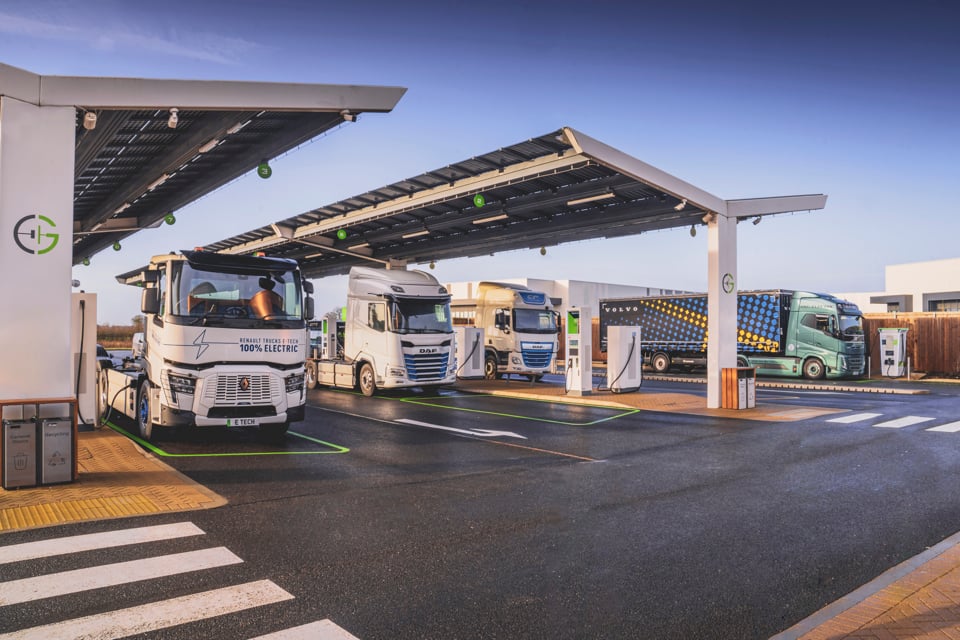The Government is being urged to reform the plug-in truck grant, with drivers more likely to encounter a pink van than an electric truck.
There are currently 27 models of zero emission trucks available to UK operators, but the approval process for the grant takes around two years. As a result, just 10 of the models on the market today are eligible for grants.
The Society of Motor Manufacturers and Traders (SMMT) says the grant, which was introduced eight years ago, does not reflect the progress made by the sector in developing new zero emission truck technology.
Zero emission trucks are currently more expensive to manufacture so grants are essential if operators are to make the switch with phase out dates for new diesel trucks approaching.
The Government announced in 2021 that it intends to phase out new, non-zero emission heavy goods vehicles weighing 26 tonnes and under by 2035, with all new HGVs sold in the UK to be zero emission by 2040.
However, while 2023 saw a record number of new zero emission trucks registered, there are still just 327 vehicles in operation (0.05% of the UK's HGV fleet) – meaning drivers are more likely to encounter a pink van (564 on the road) than a plug-in truck.
These trucks already meet a wide range of business needs – with vehicles up to 44 tonnes and ranges of up to 311 miles – but fleets need a ‘next generation’ incentive scheme which makes it much easier for new zero emission trucks to qualify, plus a dedicated national infrastructure plan to power Britain’s road haulage fleet, says the SMMT.
Mike Hawes, chief executive of trade body the SMMT, said: “With an end of sale date of some fossil fuel HGVs starting in less than 11 years’ time – the same as cars and vans – urgent action is required.
“Operators facing higher capital expenditure, a paucity of dedicated charging infrastructure, planning constraints and grid delays to depot upgrades, need a next generation incentive and infrastructure strategy and planning reform if they are to invest in the greener future the country needs.
“Doing so would not just cut carbon and improve air quality, it would put the UK at the forefront of global road transport decarbonisation.”
Hauliers who have already committed to fleet carbon reduction must install depot charging or refuelling.
However, the SMMT says that HGV operators do not have the same access to infrastructure installation support as other sectors, and even those who have the resources to invest in depot charge points face additional hurdles in terms of grid connectivity and local planning constraints.
The challenge continues once out on the road as there is currently just one HGV-dedicated public charge location in the whole country, on the M61 Southbound at Rivington – preventing longer distance operators from going green.
Given truck decarbonisation is essential to the UK’s 2035 net zero targets and with the end of sale of new non-zero emission HGVs weighing less than 26 tonnes coming at the same time as the car and van sectors, the SMMT is calling for urgent action to create the right conditions to allow hauliers to plan their net zero investments.





















Login to comment
Comments
No comments have been made yet.